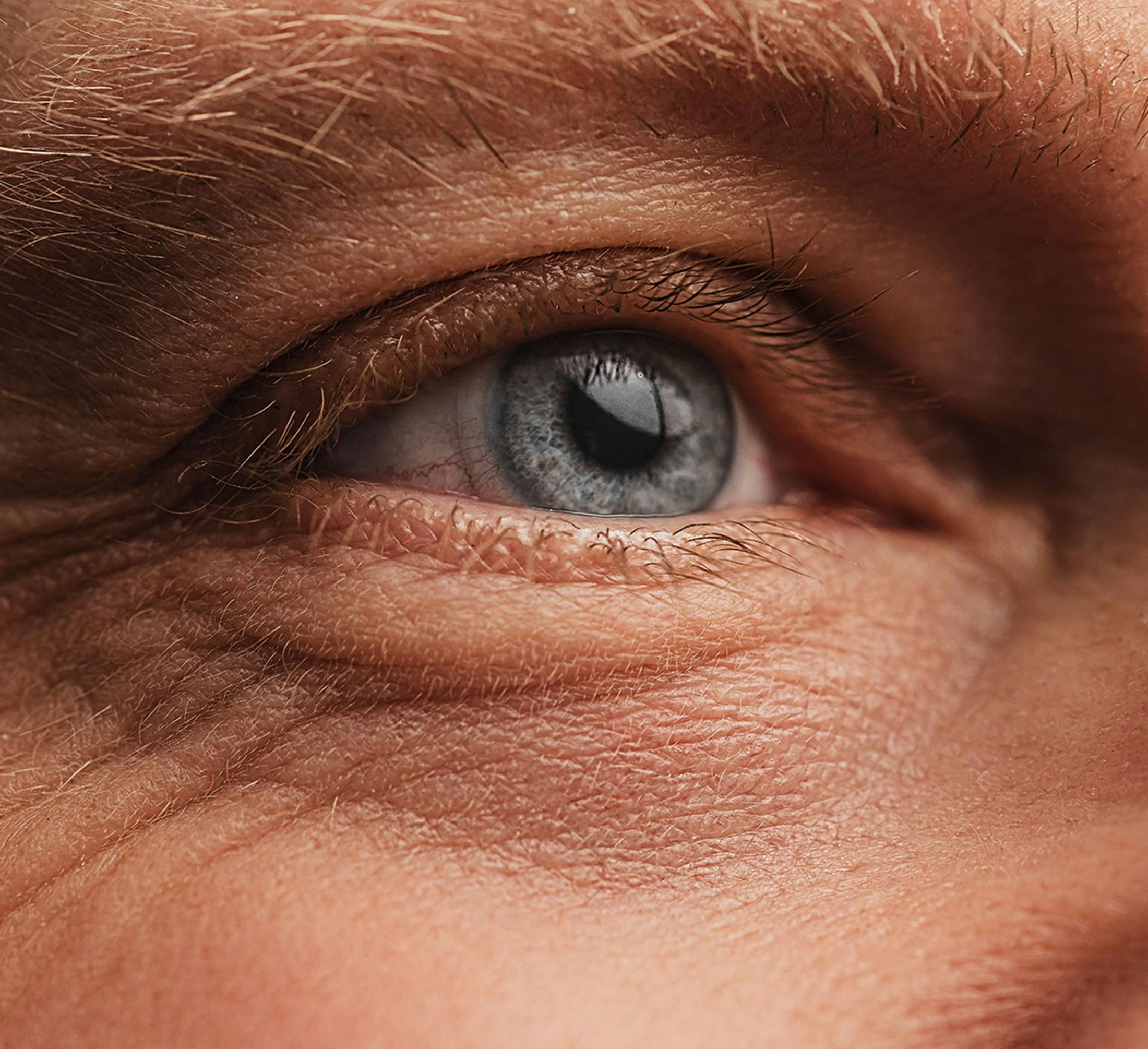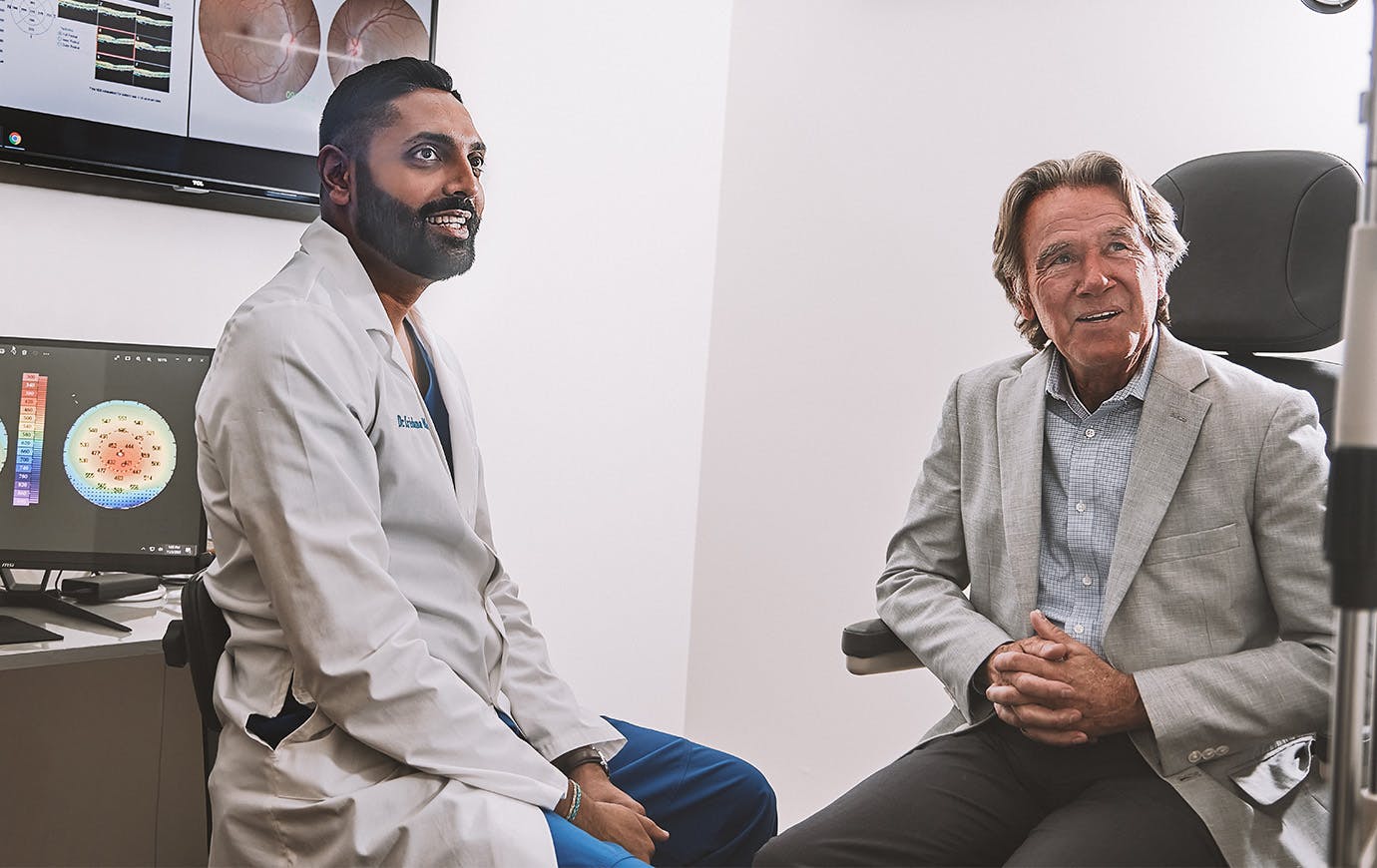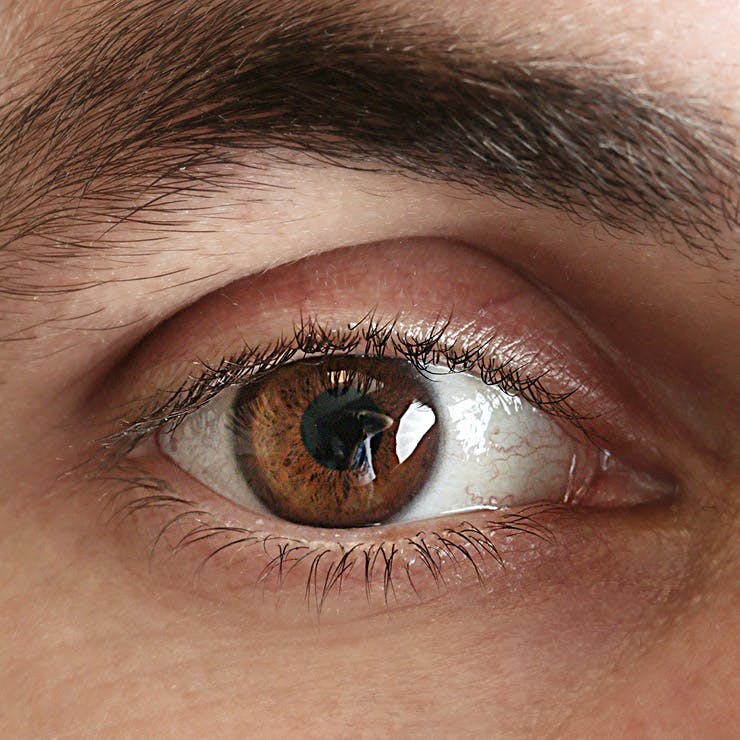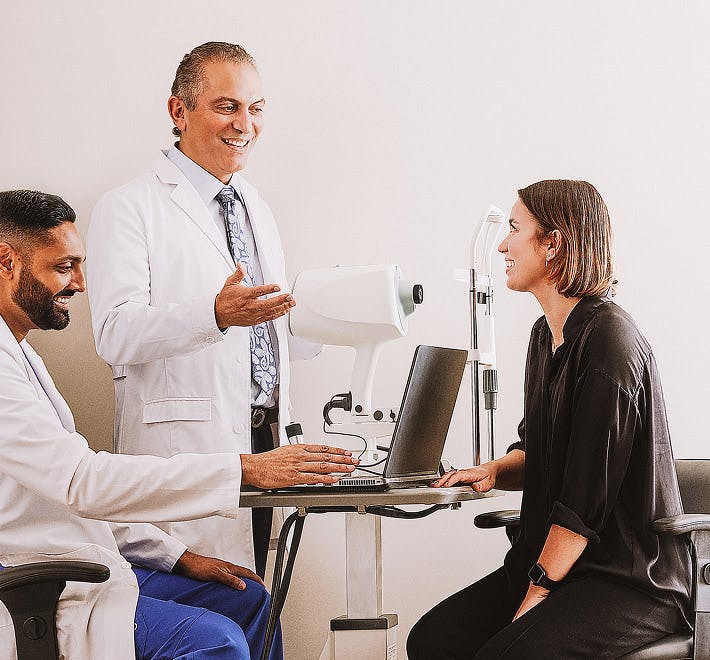Age-related macular degeneration threatens your central vision, but timely care can help you maintain independence.
What Is Age-Related Macular Degeneration?
Age-related macular degeneration gradually destroys the macula, the area of the retina responsible for central, high-definition sight. Two main forms exist. Dry AMD—the most widespread—develops as the retina thins, often accompanied by small drusen deposits that cloud your visual field.
Wet AMD arises when fragile blood vessels form beneath the retina and leak fluid or blood, quickly causing more acute distortions in your focus. Without balanced medical oversight, AMD can restrict basic tasks. However, catching it early and engaging in the right treatments can help slow its advance and maintain much of your central vision.












